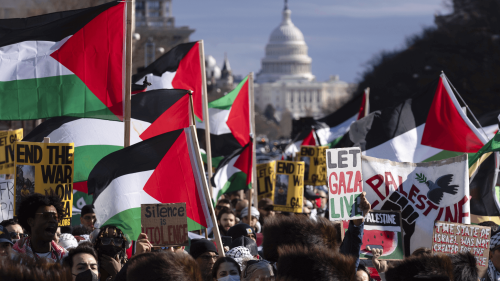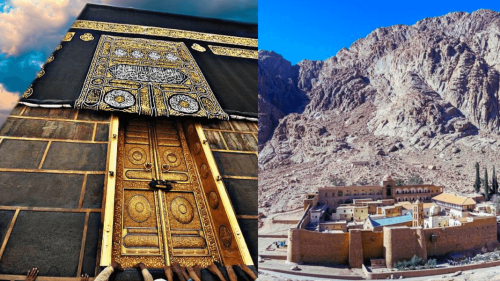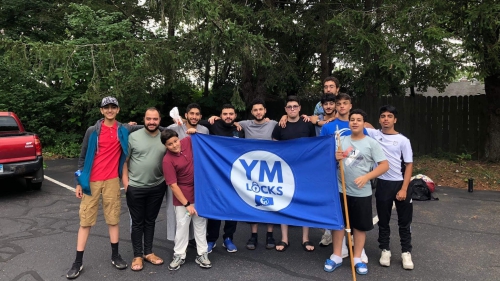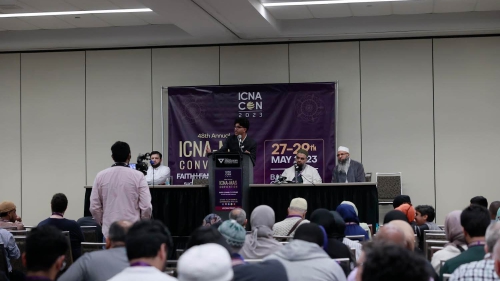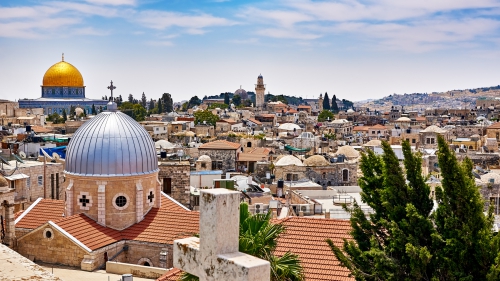The Millennial Generation and the Future of Muslims in America
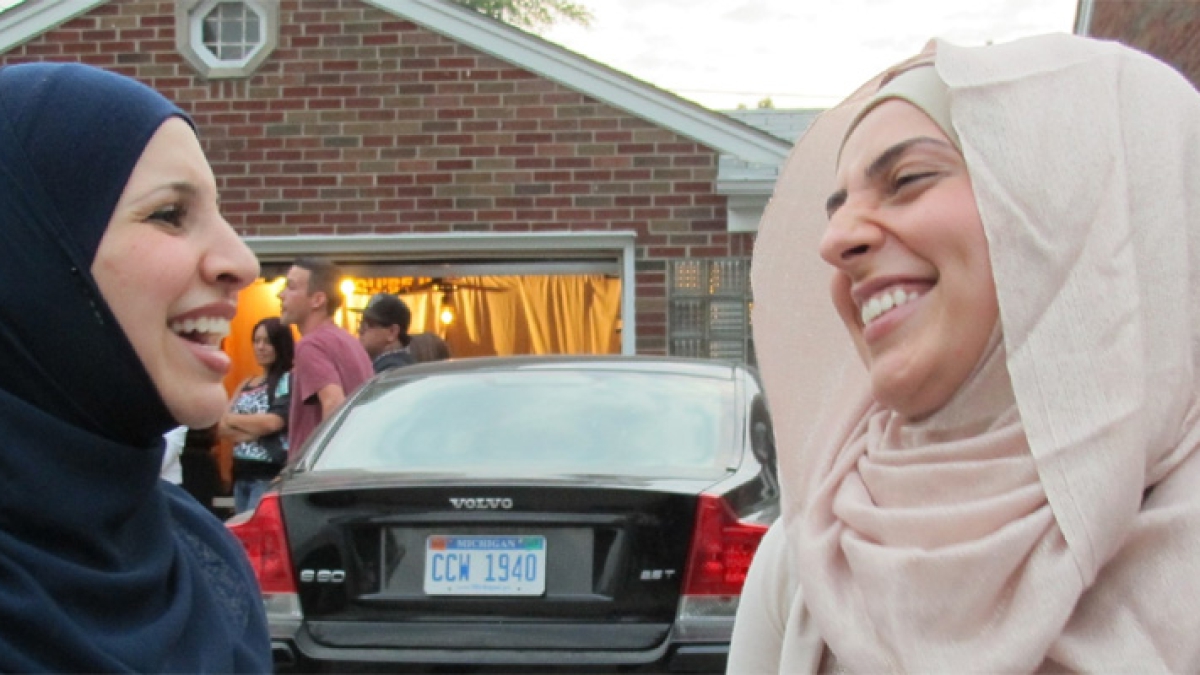
As the clock ticks down to the anniversary of the September 11th terrorist attacks, the country is still wrestling to reconcile strong support for the founding ideals of religious freedom and tolerance with ambivalence about the place of American Muslims and Islam in society. But there are also signs that the youngest generation of American adults -- who came of age in the post-9/11 era -- embody a decidedly more open, less fearful posture towards Muslim Americans.
A just-released joint report by Public Religion Research Institute and the Brookings Institution, based on a major new survey by PRRI, reveals that, despite a commitment among almost 9-in-10 Americans (88 percent) to the founding principle of religious freedom for all, including unpopular religious groups, Americans remain evenly divided over whether Islam is compatible with American values and ways of life (47 percent agree, while 48 percent disagree). While a small majority (54 percent) believe that Muslims are an important part of the religious community in the United States, a significant minority (43 percent) disagree. While nearly 6-in-10 (57 percent) say they would be somewhat or completely comfortable with a Muslim teaching elementary school, Americans are more divided about how comfortable they are on other public expressions of religious practice by American Muslims, such as a mosque being built in their neighborhood or a Muslim woman wearing a burqa.
Perhaps even more troubling for members of the Muslim American community: while the general public overall rejects two-to-one the notion that American Muslims ultimately want to establish sharia as the law of the land in the U.S. (61 percent disagree, 30 percent agree), over the last eight months the number of Americans reporting this fear has risen 7 points (14 points among Republicans), moving from 23 percent in February 2011 to 30 percent today.
But while fears about Islam and American Muslims may be increasing among some more conservative sectors of society such as Republicans, younger Americans may provide some counterweight, especially as the Millennial generation emerges into full adulthood.
Just a few examples make the point. While Americans are closely divided in their comfort with public expressions of Muslim practice, Millennials are not. More than 6-in-10 declare that they are somewhat or very comfortable with every expression of Muslim practice asked about in the survey, compared to less than 4-in-10 seniors. Millennials are also much less likely than seniors to agree that American Muslims are trying to establish sharia law (23 percent to 37 percent, respectively). Finally, more than 6-in-10 (62 percent) Millennials say American Muslims are an important part of the religious community in the U.S., compared to only 44 percent of seniors. Because these attitudes are rooted in social relationships for Millennials, they are also unlikely to change. Younger Americans are twice as likely to talk occasionally to someone who is Muslim than are seniors (34 percent and 16 percent respectively).
Ten years from now, as the 20th anniversary of the September 11th attacks approaches, American Muslims could occupy a very different place in the American consciousness. While today, Americans are clearly continuing to grapple with issues of security, tolerance, religious freedom and pluralism, the youngest -- and the most ethnically and religious diverse -- generation of Americans are at the forefront of a push to resolve these tensions, at least when it comes to American Muslims.
Robert P. Jones Ph. D. is the CEO and Founder of Public Religion Research Institute.
Source: Huffington Post







